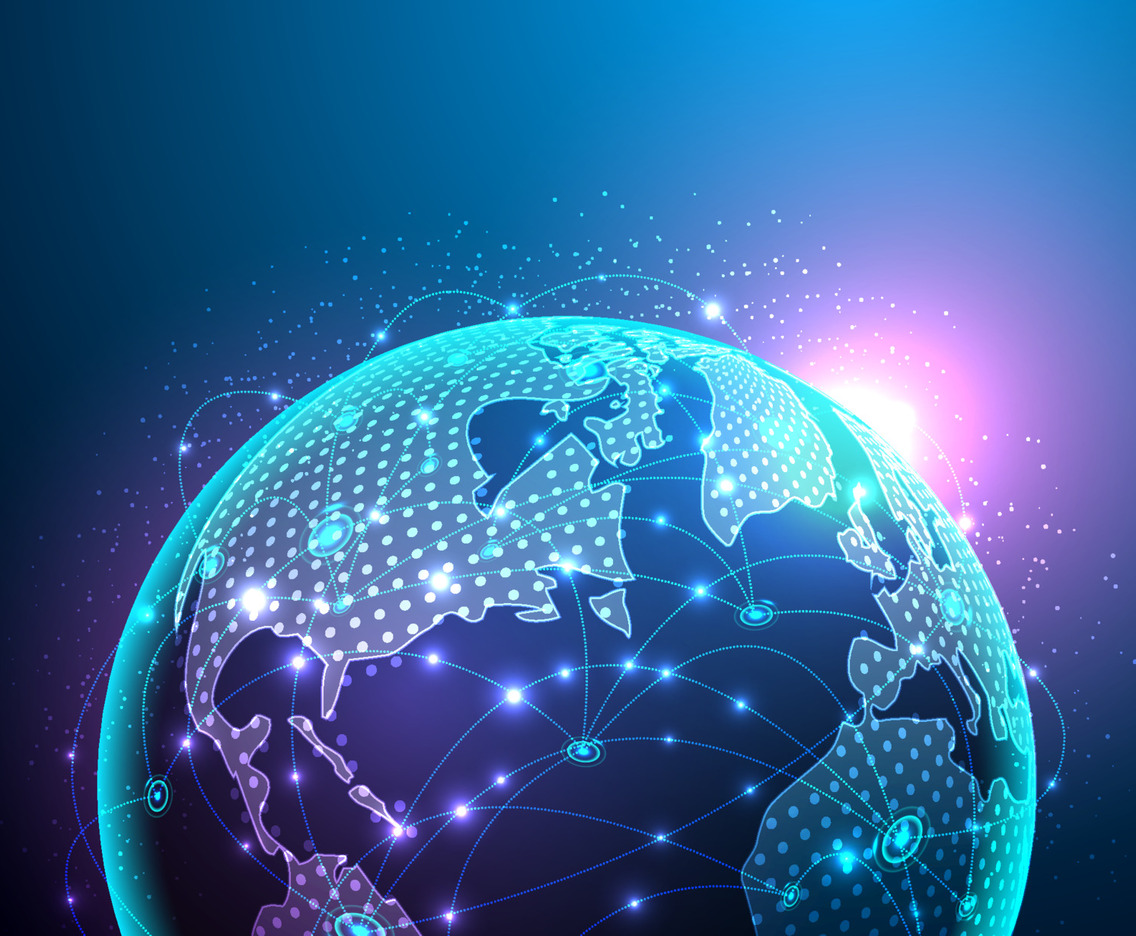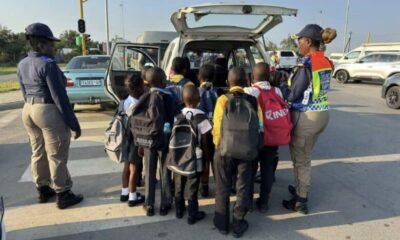Best of Johannesburg
Why Global Events Still Shape Everyday Life in South Africa 2025

A global story behind every local moment
You wake up to another morning in South Africa: load-shedding schedules, grocery prices, and maybe the rand has dipped again. It might all seem local, but the story doesn’t end at your doorstep. What happens in Washington, Beijing, or London quietly shapes what lands in your wallet, your fuel tank, and even your water bill.
In 2025, being “hyperlocal” no longer means being insulated. South Africa’s economy, politics, and social life are deeply tied to a wider world. Whether you live in Johannesburg, Durban, or Mthatha, international news affects you every single day.
When the world sneezes, South Africa catches a cold
South Africa’s small, open, and resource-driven economy is plugged into the global marketplace. A rise in global oil prices can send petrol costs soaring at home. A dip in Chinese demand for platinum can slow the mining sector. A decision by the U.S. Federal Reserve can weaken the rand within hours.
By mid-2025, economic analysts warned that global recession risks and volatile commodity prices were still weighing on South Africa’s growth outlook. That means higher inflation, delayed hiring, and more strain on households already grappling with high living costs.
Trade and investment remain lifelines. When global investors pull back or tariffs shift, local industries, from Gauteng manufacturing to Cape Town tech, feel the shock. And as South Africa hosts the G20 Summit in November 2025, it’s also being asked to prove its place in a fast-changing world order.
Global politics, local consequences
Foreign policy might sound like a distant topic, yet it filters straight into South African homes. The country’s balancing act between Western allies and BRICS partners defines access to markets, loans, and diplomatic credibility.
In 2025, South Africa’s exit from the Financial Action Task Force grey list improved its international reputation, giving the rand a temporary boost. But that credibility must be earned continuously through anti-corruption reforms and stable governance.
Trade pacts like the African Growth and Opportunity Act (AGOA) are equally crucial, covering nearly a fifth of exports to the U.S. Their continuity decides whether thousands of local jobs stay secure.
The cost of climate and the price of inaction
Few issues illustrate global interdependence more clearly than climate change. Floods in KwaZulu-Natal, fires in the Western Cape, and droughts in Gauteng all trace back to broader planetary shifts.
International climate policies influence South Africa’s funding for green transitions and energy projects. Agreements like the Just Energy Transition Programme (JETP) depend on foreign capital, which means what happens in climate negotiations abroad affects power stations and solar projects here.
South Africa’s own G20 agenda now prioritises environmental resilience, linking climate security to economic survival. It’s no longer a “green” issue; it’s an economic one that decides insurance premiums, farming yields, and even road safety during storms.
Technology, information, and the fight for truth
South Africa’s digital life doesn’t operate in isolation either. The same global forces shaping algorithms and artificial intelligence in the U.S. or Asia shape what South Africans see online.
In 2025, the flood of AI-generated misinformation has blurred the line between fact and fiction, forcing citizens to question what they read. Staying informed through verified international outlets helps counter that noise. Media literacy isn’t just about reading news anymore; it’s about defending democracy.
At the same time, global innovation is opening opportunities. AI and tech summits in Johannesburg, Cape Town, and Nairobi link African entrepreneurs to global markets, showing that international progress can also bring inclusive growth if it’s harnessed locally.
Migration, culture, and shared identity
Global conflict, economic instability, and environmental change drive migration patterns that reach South Africa’s borders. Understanding these dynamics through international reporting helps fight xenophobia and fosters empathy for displaced people.
Beyond politics, cultural exchange has become a bridge. From global sport to streaming platforms, South Africans are part of an evolving global culture that shapes identity and creativity. The Miss South Africa Organisation’s 2025 focus on Pan-African collaboration is one small example of that cross-border spirit in motion.
Why staying informed is a power move
Tuning into international news isn’t about elitism; it’s about empowerment. Knowing how global events shape your world allows you to make smarter choices: where to invest, how to vote, and what policies to back.
A savvy Joburger checking updates on oil prices or trade tariffs is not just keeping up with headlines; they’re staying one step ahead of economic shocks. A teacher following global education trends can better prepare learners for a future powered by digital literacy. A farmer in Limpopo tracking international climate reports can anticipate rainfall changes before they hit.
Awareness is power, and in 2025, global literacy is as essential as local know-how.
The bottom line
International news is not an optional extra for South Africans; it’s the context that explains everything from the price of bread to the strength of democracy.
The world is woven into our daily lives, whether we admit it or not. So next time you scroll past a global headline, remember: it might be about Joburg, Cape Town, Gqeberha, or you more than you think.
Also read: Faced with a Protest Sweep in South Africa? Here’s What You Should Do
Follow Joburg ETC on Facebook, Twitter, TikT
For more News in Johannesburg, visit joburgetc.com
Featured Image: Free Vector Art & Graphics



























